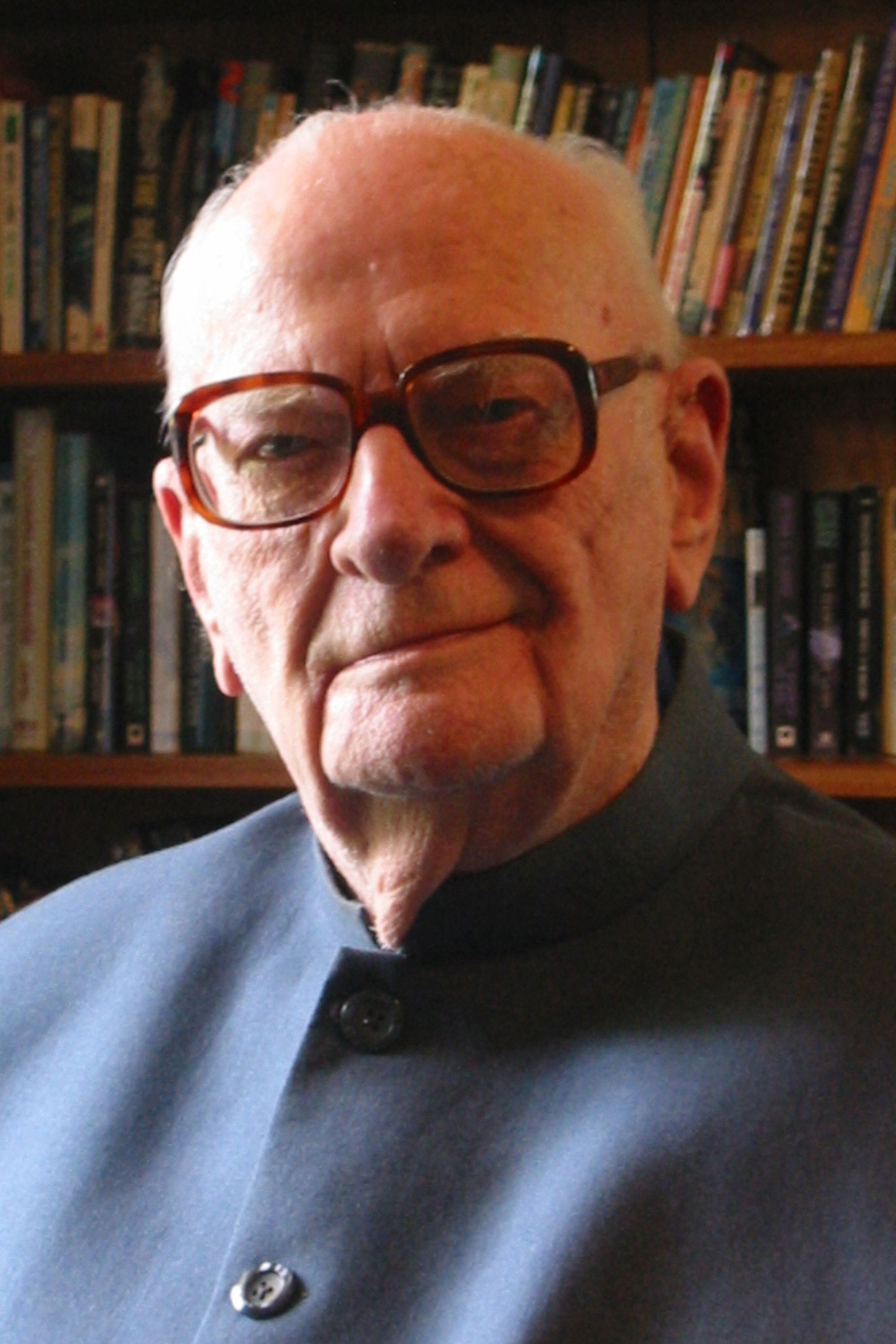
Arthur C. Clarke
Birthday: Born in 1917-12-16 in Minehead, Somerset, England, UK
Deathday: 2008-03-19
Sir Arthur Charles Clarke CBE FRAS (16 December 1917 – 19 March 2008) was an English science-fiction writer, science writer, futurist, inventor, undersea explorer, and television series host. He co-wrote the screenplay for the 1968 film 2001: A Space Odyssey, one of the most influential films of all time. Clarke was a science fiction writer, an avid populariser of space travel, and a futurist of a distinguished ability. He wrote many books and many essays for popular magazines. In 1961, he received the Kalinga Prize, a UNESCO award for popularising science. Clarke's science and science-fiction writings earned him the moniker "Prophet of the Space Age". His science-fiction writings in particular earned him a number of Hugo and Nebula awards, which along with a large readership, made him one of the towering figures of the genre. For many years Clarke, Robert Heinlein, and Isaac Asimov were known as the "Big Three" of science fiction. Clarke was a lifelong proponent of space travel. In 1934, while still a teenager, he joined the British Interplanetary Society. In 1945, he proposed a satellite communication system using geostationary orbits. He was the chairman of the British Interplanetary Society from 1946–1947 and again in 1951–1953. Clarke emigrated to Ceylon (now Sri Lanka) in 1956, to pursue his interest in scuba diving. That year, he discovered the underwater ruins of the ancient Koneswaram Temple in Trincomalee. Clarke augmented his popularity in the 1980s, as the host of television shows such as Arthur C. Clarke's Mysterious World. He lived in Sri Lanka until his death. Clarke was appointed Commander of the Order of the British Empire (CBE) in 1989 "for services to British cultural interests in Sri Lanka". He was knighted in 1998 and was awarded Sri Lanka's highest civil honour, Sri Lankabhimanya, in 2005.
TV Credits
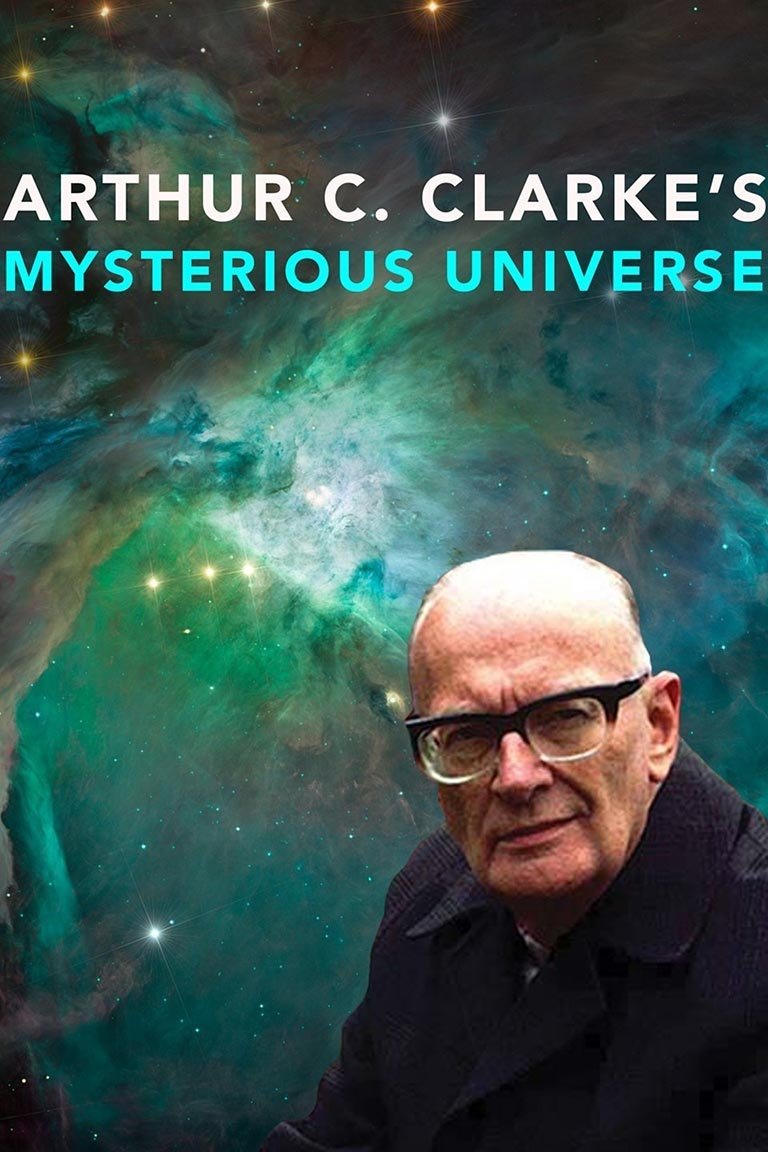
Arthur C. Clarke's Mysterious Universe
Character: Host
Arthur C. Clarke's Mysterious Universe was a popular eighteen part television series looking at unexplained phenomena across the universe. It was first broadcast in the United Kingdom by independent television network ITV. It premiered on July 15, 1994. It was the sequel to Arthur C. Clarke's Mysterious World and Arthur C. Clarke's World of Strange Powers. The series is introduced by acclaimed science fiction writer Arthur C. Clarke in short sequences filmed at his home in Sri Lanka. However, i...
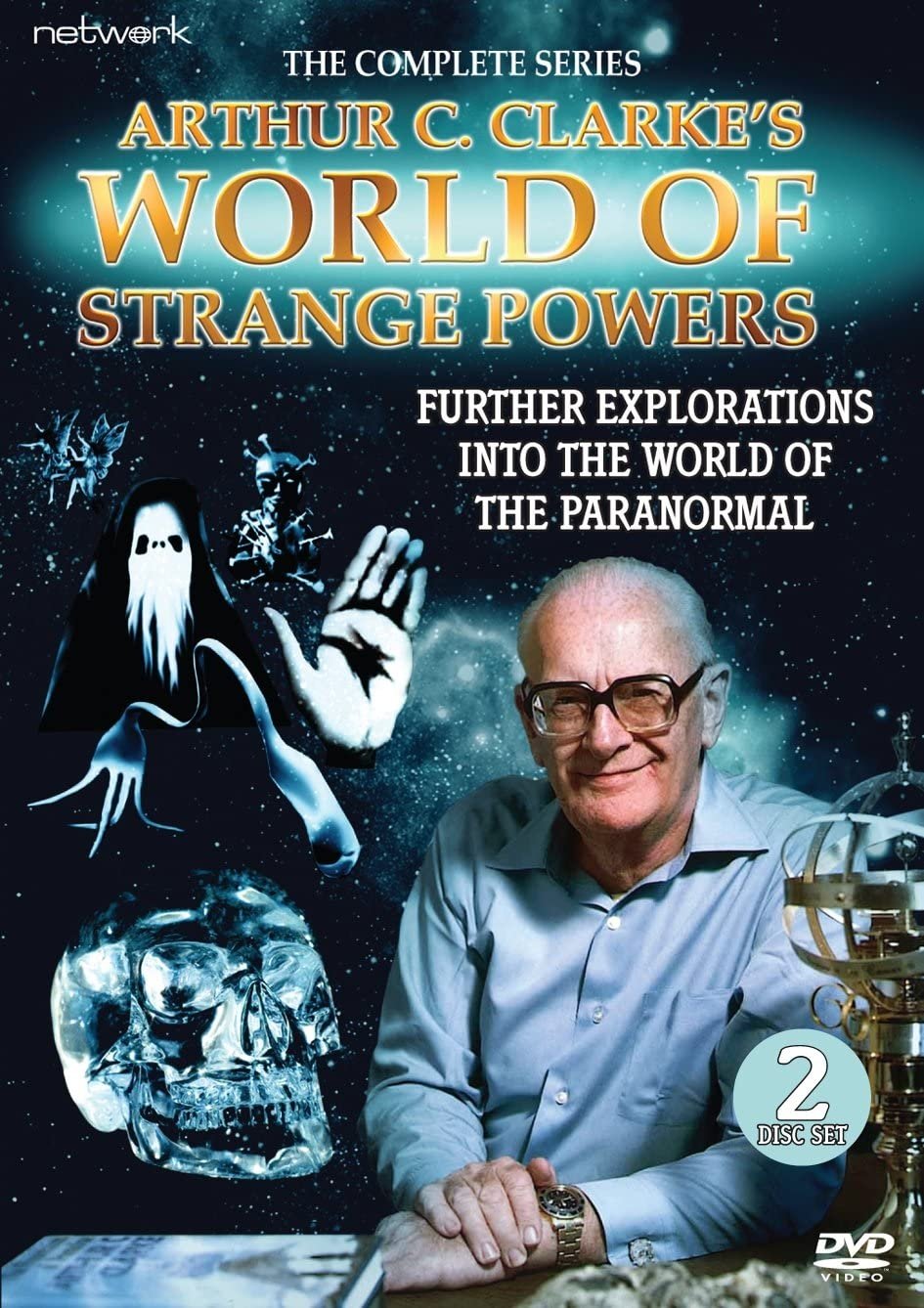
Arthur C. Clarke's World of Strange Powers
Character: Host
Arthur C. Clarke's World of Strange Powers is a popular thirteen-part British television series looking at strange worlds of the paranormal. It was produced by Yorkshire Television for the ITV network and first broadcast in 1985. It was the sequel to the 1980 series Arthur C. Clarke's Mysterious World. The series is introduced by science fiction writer Arthur C. Clarke in short sequences filmed at his home in Sri Lanka. Individual episodes are narrated by Anna Ford. The series was produced by J...
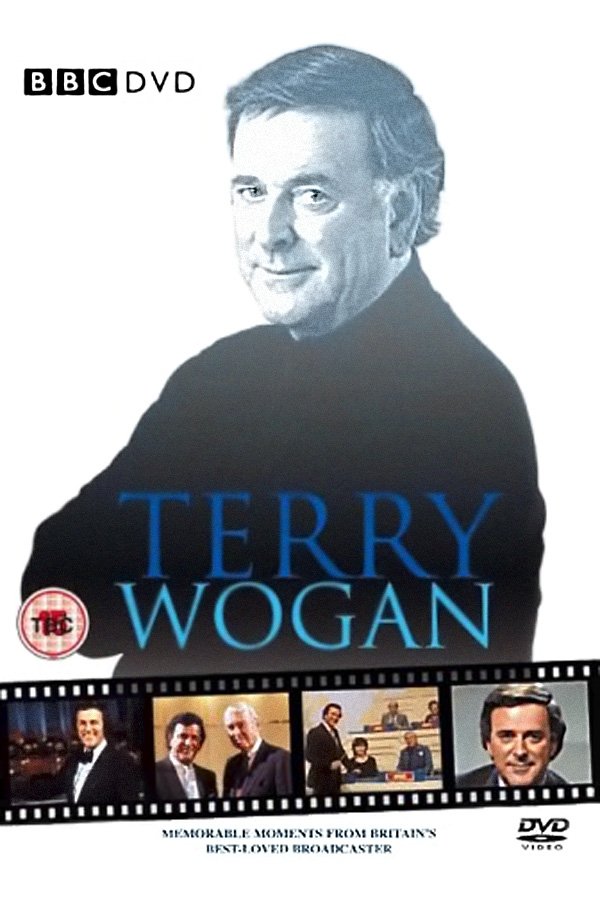
Wogan
Character: Self
Chat show hosted by Terry Wogan, featuring live studio interviews with famous and notable personalities....
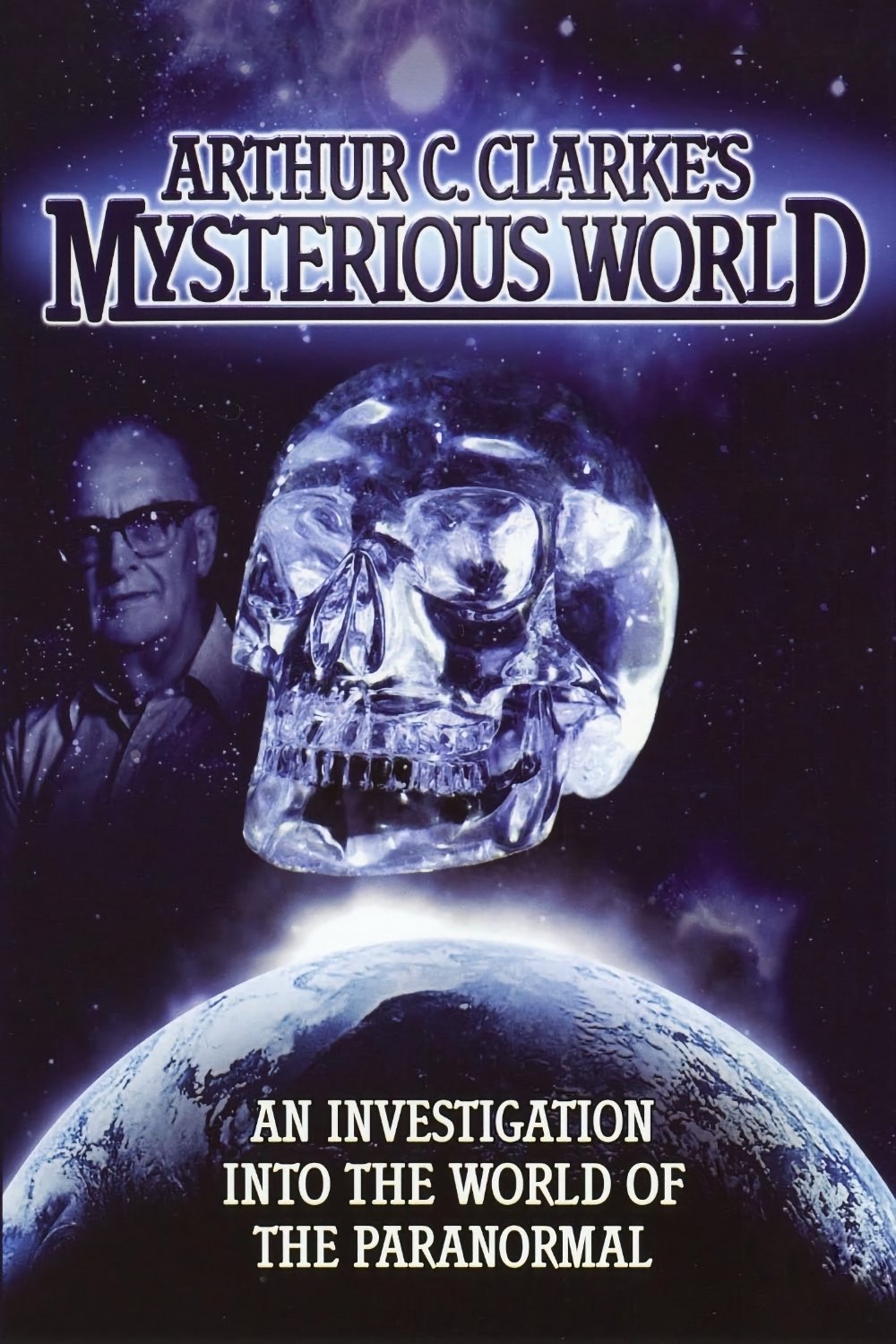
Arthur C. Clarke's Mysterious World
Character: Self
Arthur C. Clarke's Mysterious World is a thirteen part British television series looking at unexplained phenomena from around the world. It was produced by Yorkshire Television for the ITV network and first broadcast in September 1980. Each program is introduced and book-ended by science fiction writer Arthur C. Clarke in short sequences filmed in Sri Lanka. The bulk of the episodes are narrated by Gordon Honeycombe. The series was produced by John Fanshawe, John Fairley and directed by Peter J...
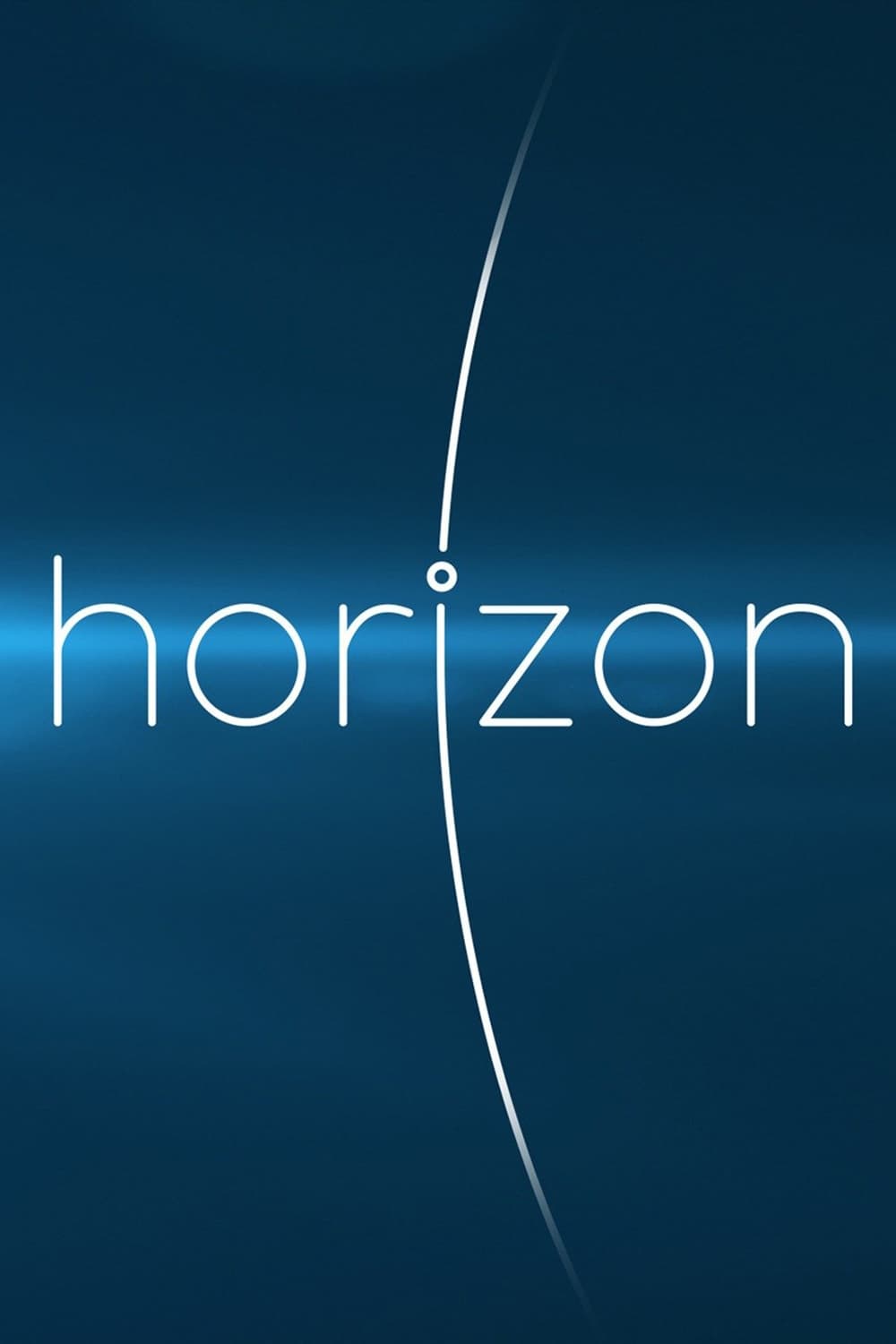
Horizon
Character:
Horizon tells amazing science stories, unravels mysteries and reveals worlds you've never seen before....
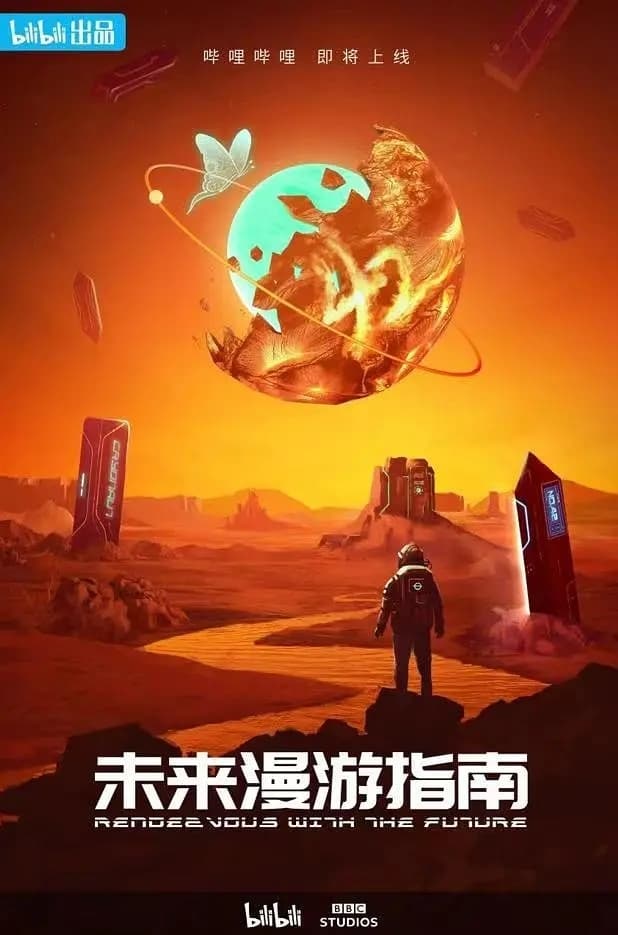
未来漫游指南
Character: Self (archive footage)
Documentary series exploring the science behind the science fiction of the award-winning writer Liu Cixin, author of "The Three-Body Problem"....
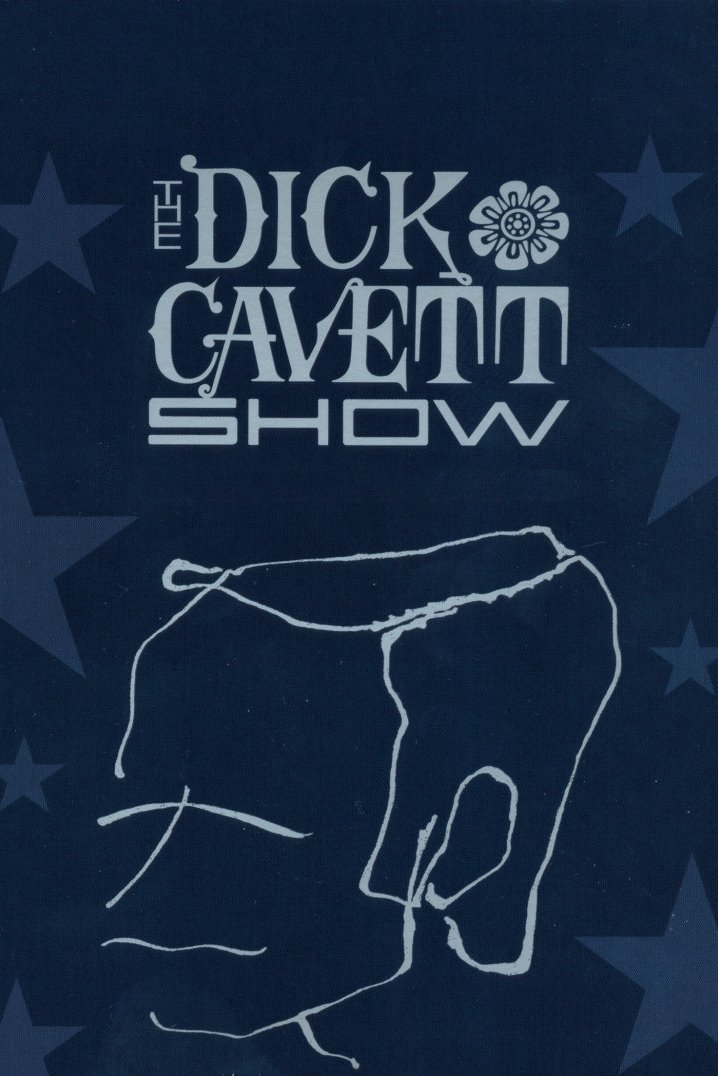
The Dick Cavett Show
Character: Self - Guest
The Dick Cavett Show has been the title of several talk shows hosted by Dick Cavett on various television networks....
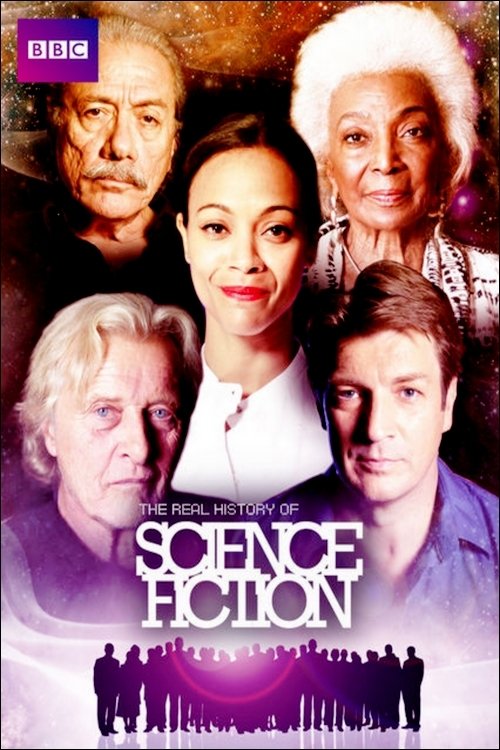
The Real History of Science Fiction
Character: Self (archive footage)
The series heads to the very frontiers of space and science to produce the definitive television history of science fiction, told through its impact on cinema, television and literature, with the help of filmmakers, writers, actors, and graphic artists. Each episode will explore one of the enduring themes of science fiction: time travel; the exploration of space; robots and artificial intelligence; and aliens....
Movie Credits
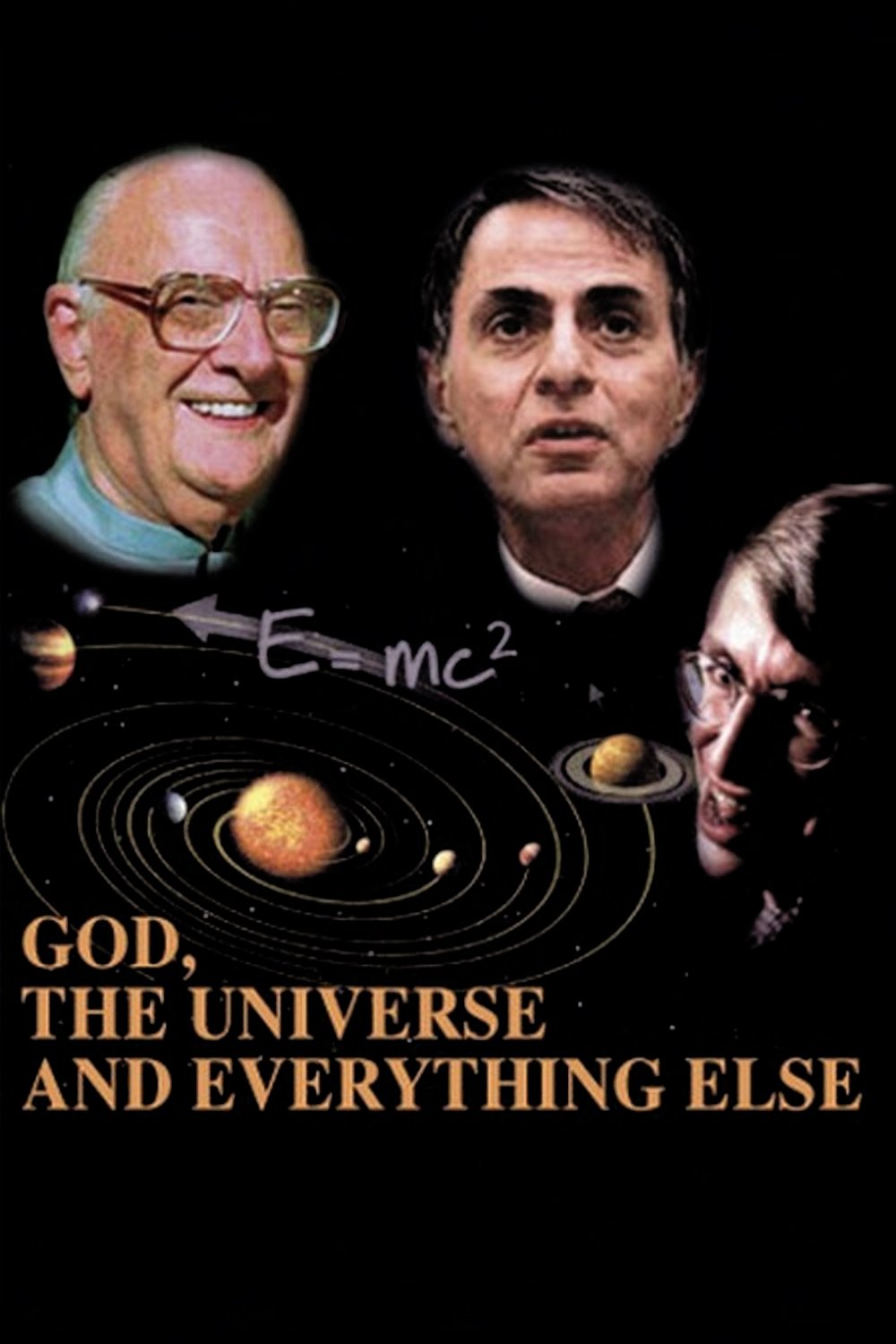
God, the Universe and Everything Else
Character: Self
In a studio setting, Stephen Hawking, Arthur C. Clarke and Carl Sagan (who joins them via satellite) discuss the Big Bang theory, God, our existence as well as the possibility of extraterrestrial life....
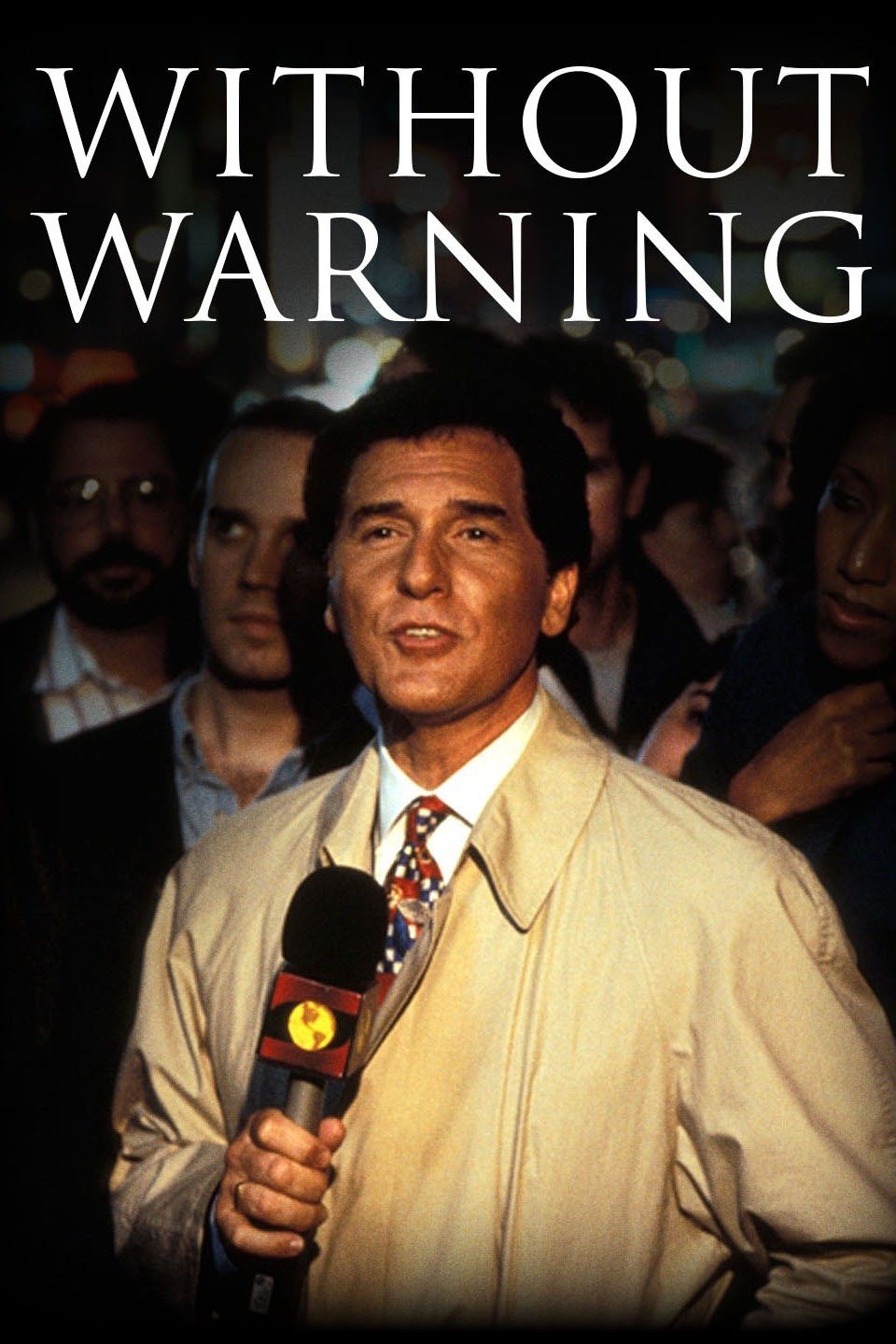
Without Warning
Character: Self
A television program is interupted by a news network announcing that three meteors have hit the United States, France and China. At first it seems natural but after interviews by scientists and eyewitness seems to suggest that it is not. Three more meteors are coming and the various Earth governments combine forces to stop them....
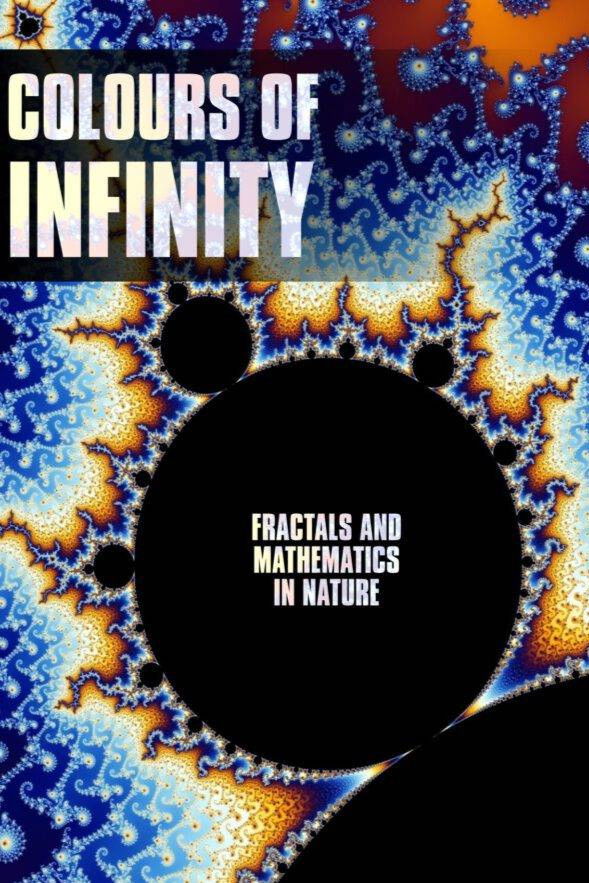
Fractals: The Colors of Infinity
Character: Self
Explores the revolutionary world of Fractal Geometry - its far-reaching and often unexpected implications - its powerful and revolutionary applications....
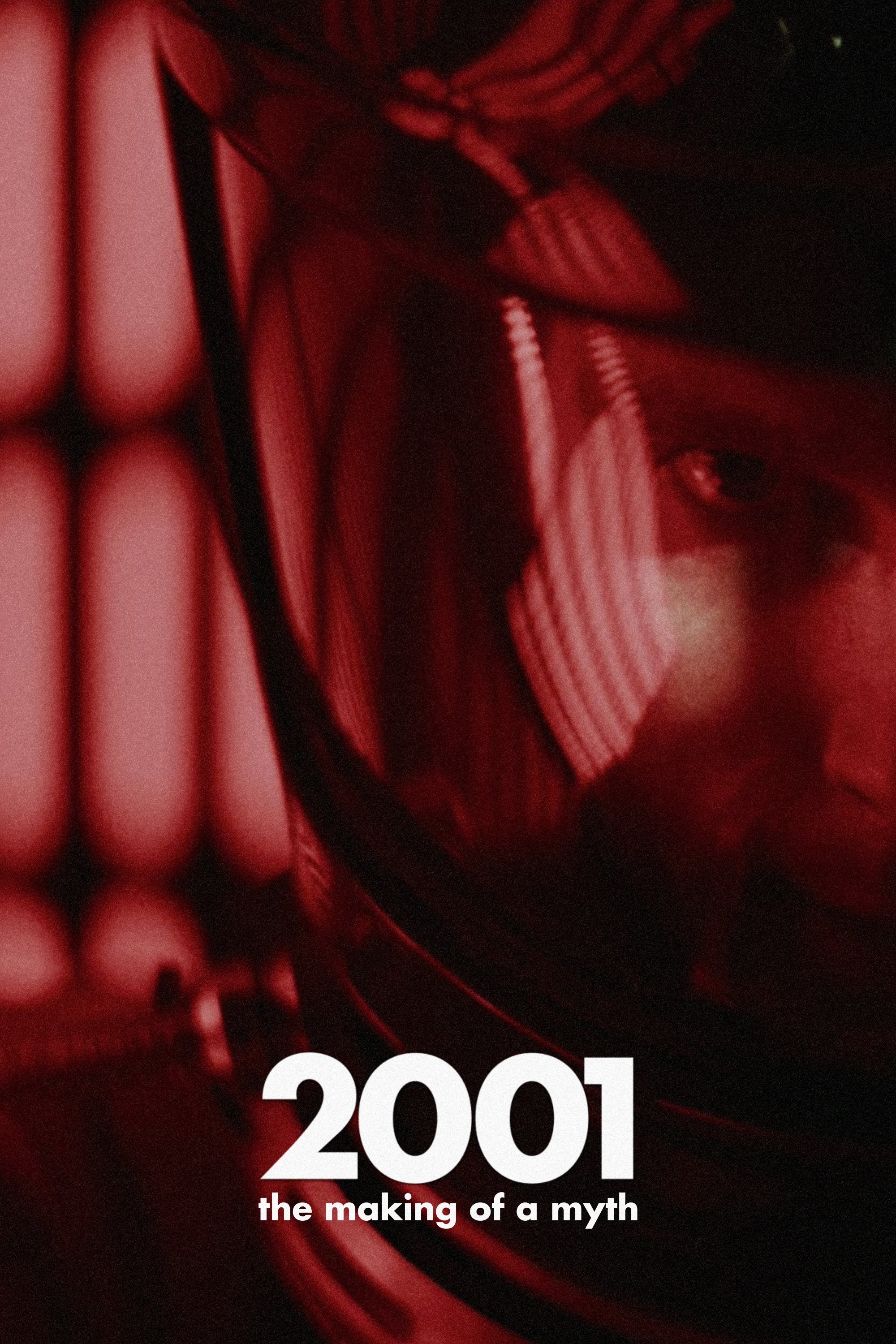
2001: The Making of a Myth
Character: Self
The making of Stanley Kubrick's classic space epic, presented by James Cameron, including unseen footage....
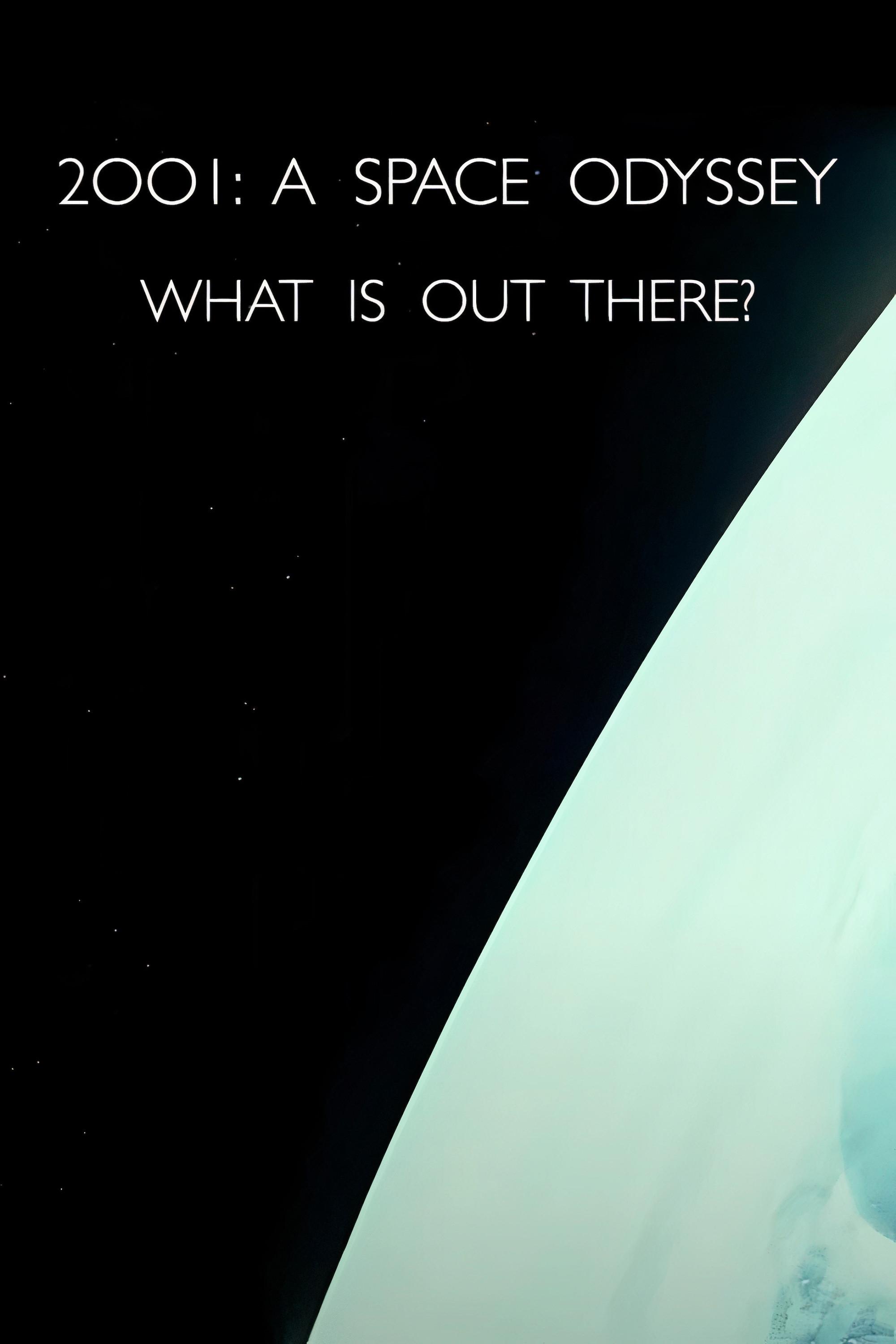
2001: A Space Odyssey – What Is Out There?
Character: Self (archive footage)
Keir Dullea, interspersed with archive clips of Arthur C. Clarke, discusses the probability of extraterrestrial life....
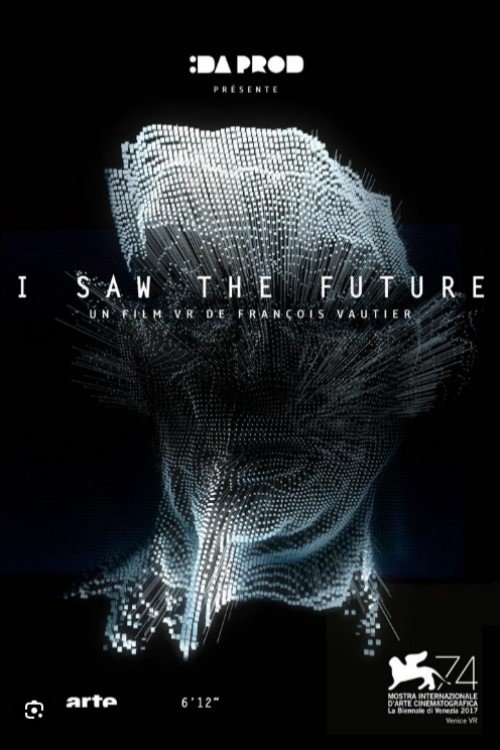
I Saw the Future
Character: Self (archive footage)
In a dark expanse that could be the cosmos, we hear the voice of Arthur C. Clarke, whose face - taken from a BBC archive dating back to the 1960s - appears in the distance. His features quickly dematerialize into a multitude of shimmering pixels, creating an enveloping and immersive space out of which the thoughts of the famed author of «2001: A Space Odyssey» emerge. At the heart of this spectral environment, and with a magnetic voice sending us back to the time of cathode ray tubes and the gol...
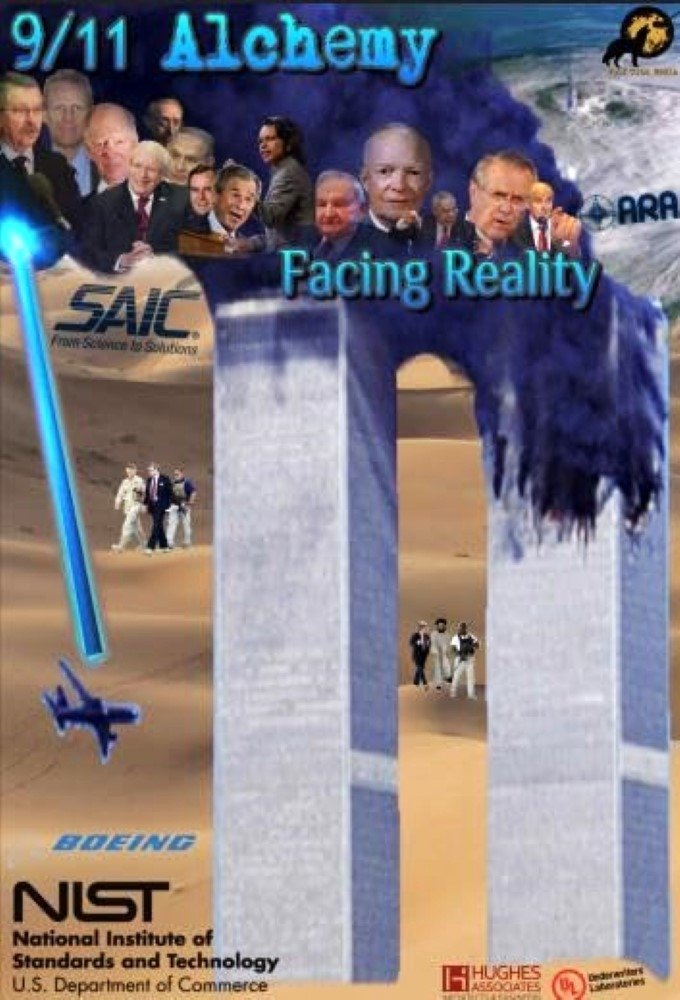
9/11 Alchemy: Facing Reality
Character: Himself
An examination of the evidence surrounding the events of September 11, 2001 that took the lives of thousands of innocent victims, and left our entire planet fundamentally changed. The examination follows the events, evidence, data, and science onward to the use of Directed Energy Weapons and holograms....
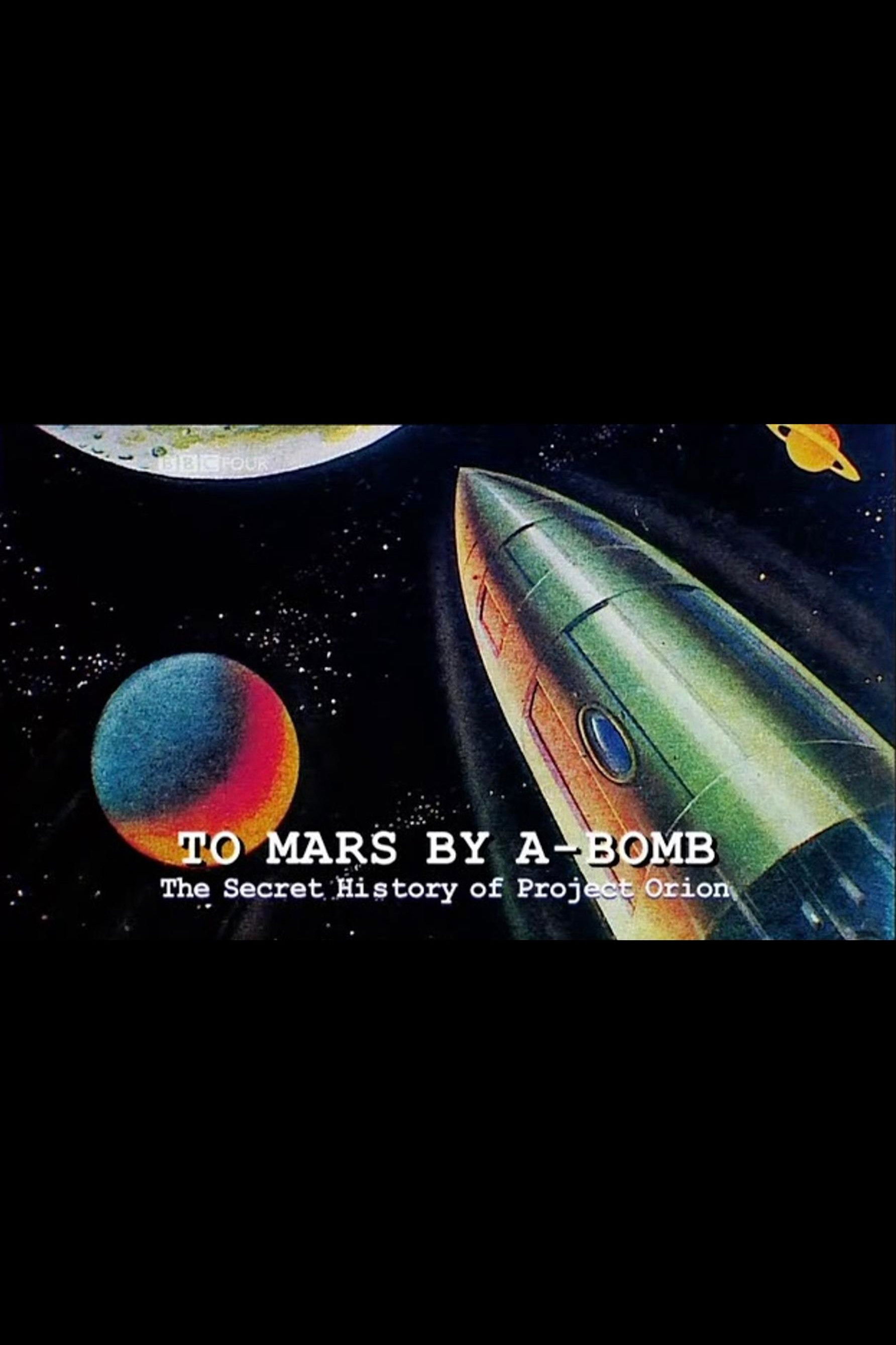
To Mars by A-Bomb: The Secret History of Project Orion
Character: Self
Top scientists want to build a nuclear bomb-powered spaceship to visit Mars and the planets....
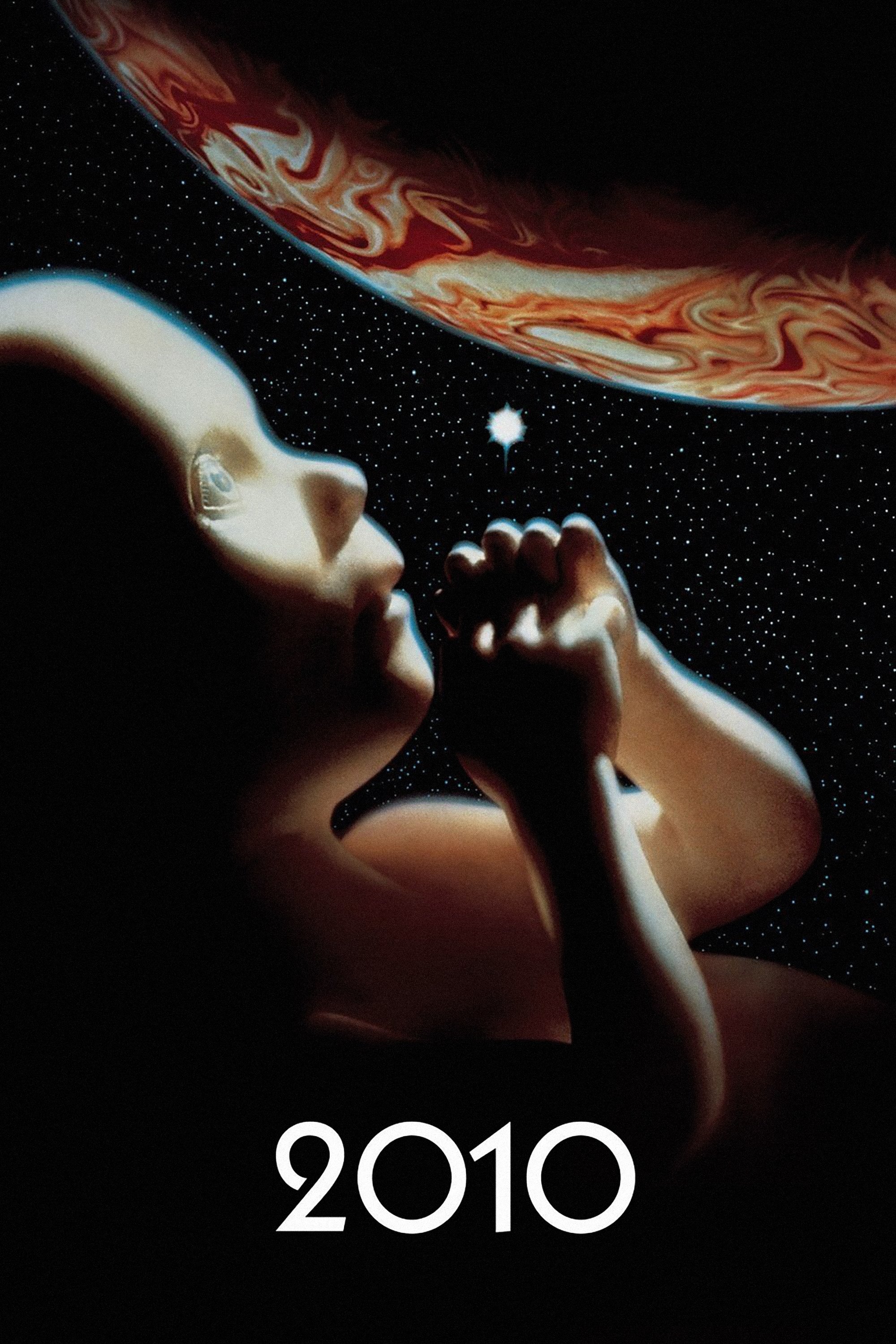
2010
Character: Man on Park Bench (uncredited)
While planet Earth poises on the brink of nuclear self-destruction, a team of Russian and American scientists aboard the Leonov hurtles to a rendezvous with the still-orbiting Discovery spacecraft and its sole known survivor, the homicidal computer HAL....
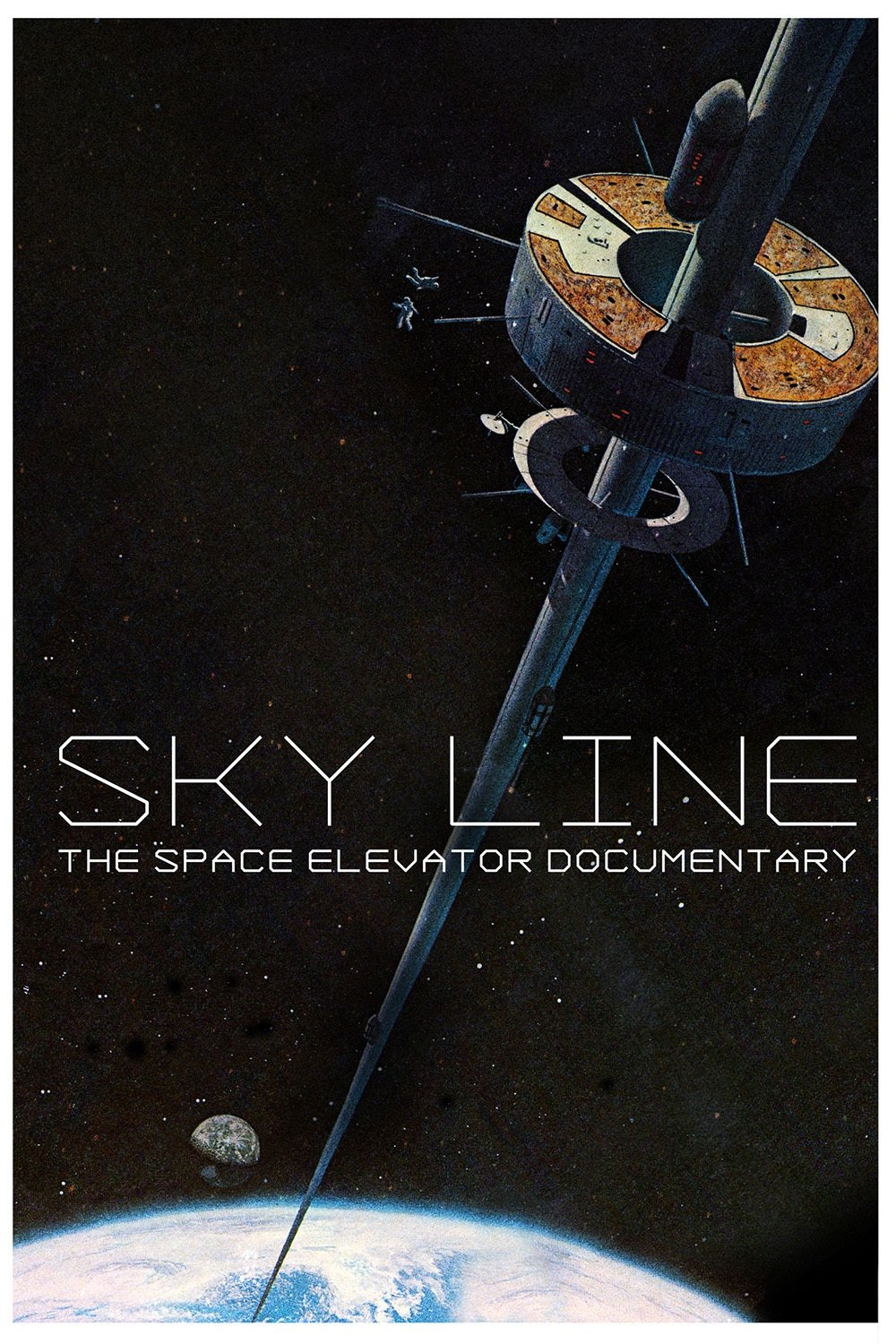
Sky Line
Character: Self (archive footage)
The concept of an elevator to space is not new. In the world of Arthur C. Clarke, it is a natural progression. What most people don't know is that men and women around the world are working hard to build it right this moment. Some want to solve the energy crisis, some want easier access to raw materials in the solar system, and some just want to travel to space and gaze upon their home planet. For all of them though, the elevator is more than just a science fiction plot, it is a way of life. Dis...
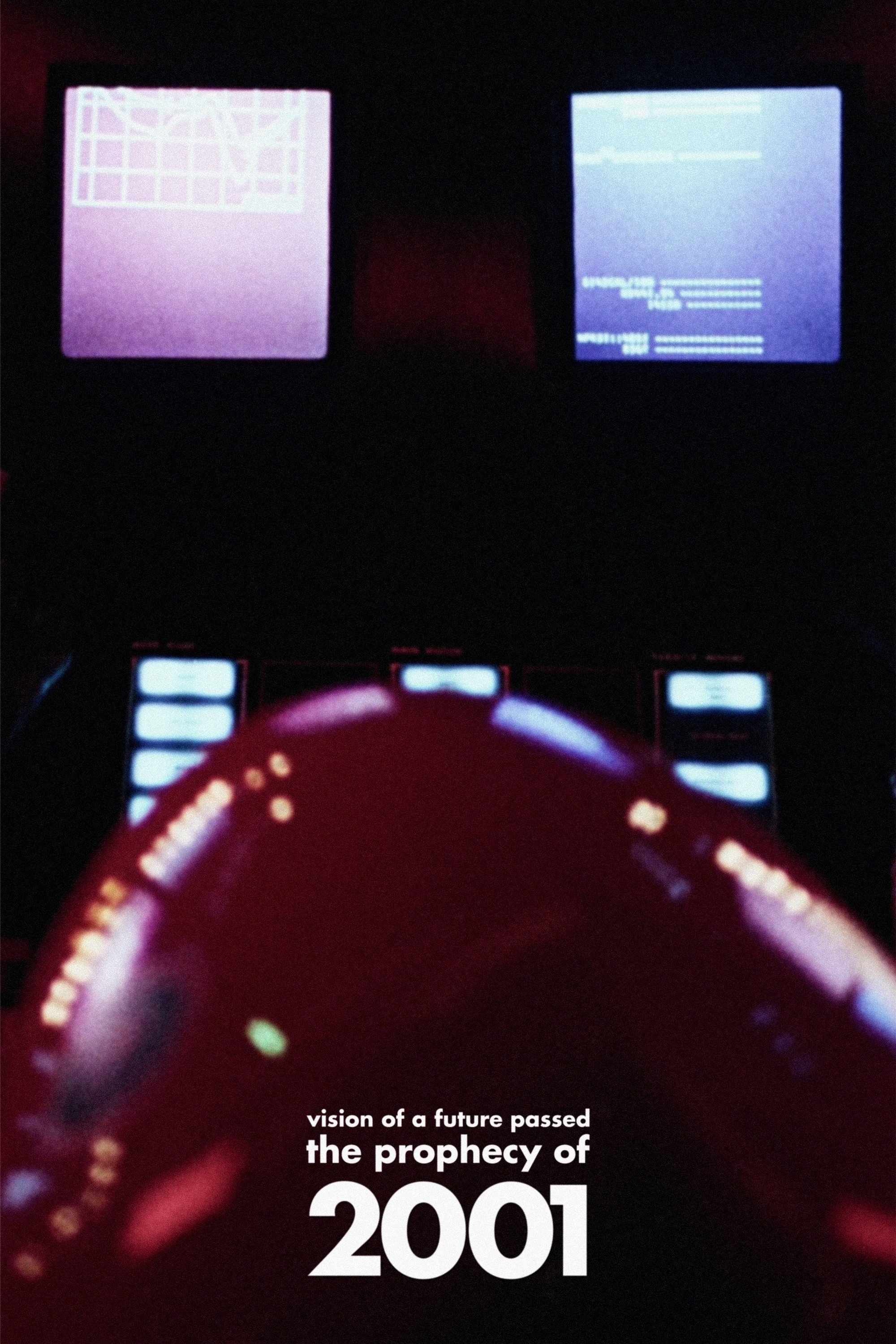
Vision of a Future Passed: The Prophecy of 2001
Character: Self
This documentary about "2001: A Space Odyssey" looks at some of the things that seemed fanciful in 1968, which don't seem quite as much anymore....
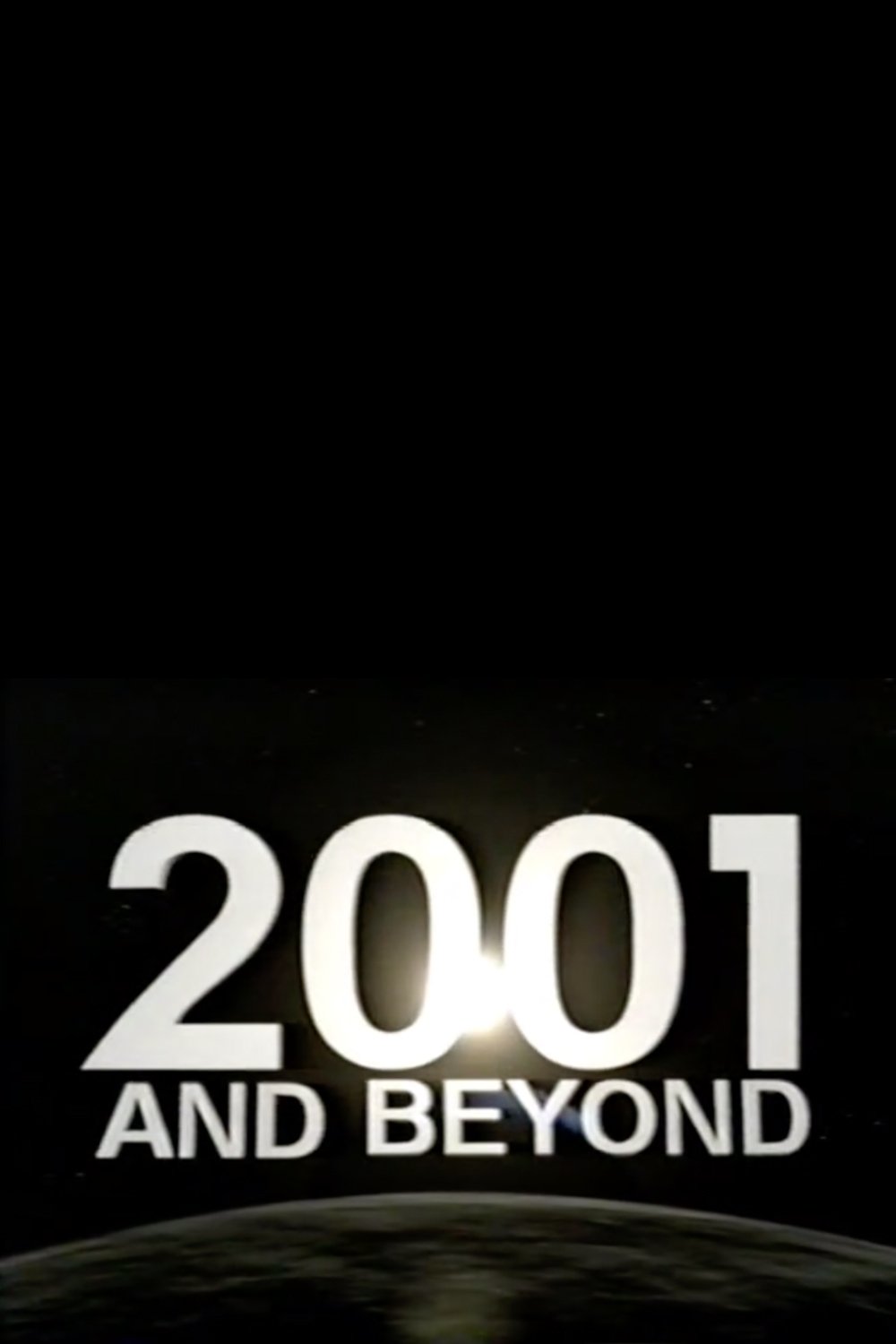
2001 and Beyond
Character: Self
Author Arthur C. Clarke and the cast and crew of Stanley Kubrick's 1968 masterpiece "2001: A Space Odyssey" star in this documentary, released in the film's long-anticipated title year. The origins of the production are traced as we see how the early days of the space race influenced Kubrick and Clarke's vision of a far more optimistic 21st century than we've managed to achieve - at least so far....
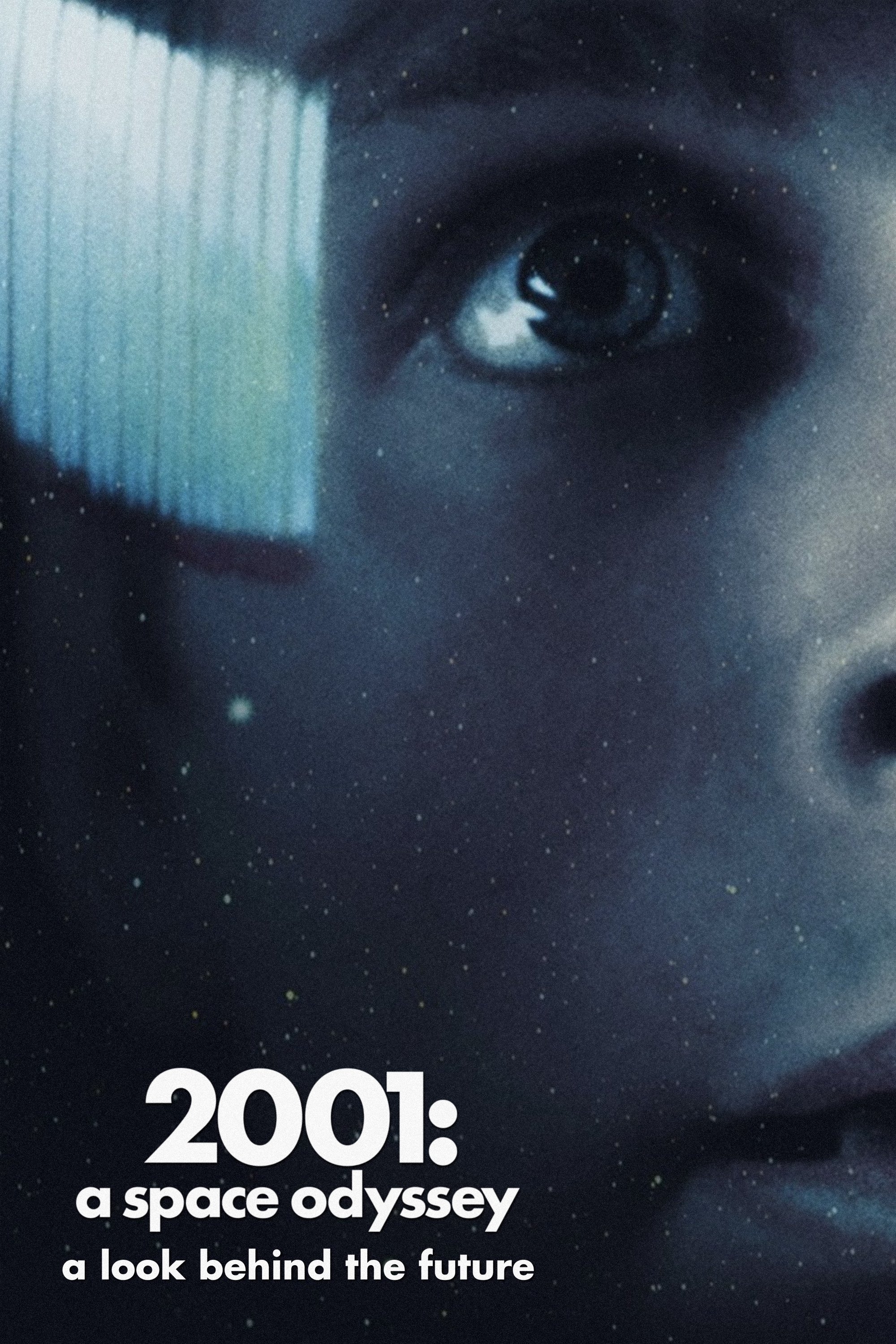
2001: A Space Odyssey - A Look Behind the Future
Character: Self
A short documentary about the making of Stanley Kubrick's 2001: A Space Odyssey and its impact on the '60s view of the future....
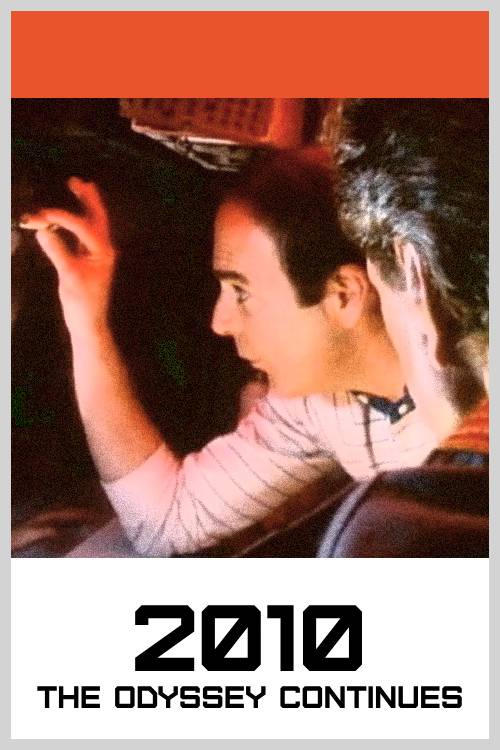
2010 : The Odyssey Continues
Character: Himself
This promotional short for 2010 (1984) shows moviegoers how some of the film's visual effects were created. This includes makeup for Keir Dullea's character, how the astronauts float in space, and the construction of the spaceship in which the astronauts carry out their mission. The vehicle is so large, the two largest sound stages on the MGM lot were used to construct it....
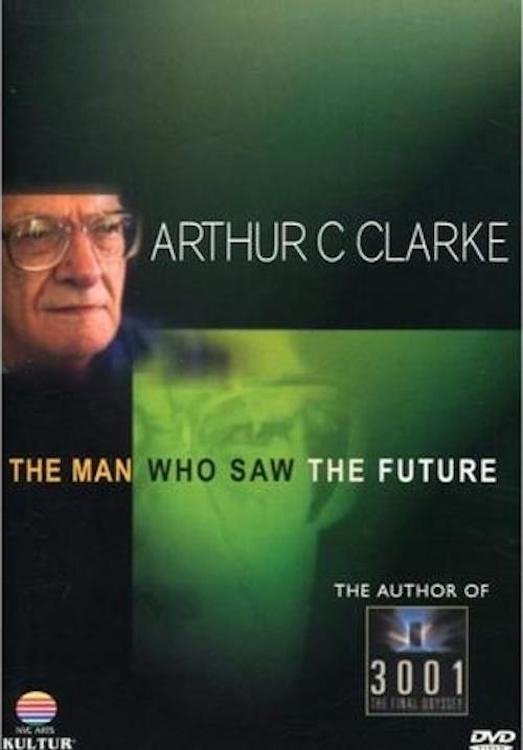
Arthur C. Clarke: The Man Who Saw the Future
Character:
Profile of the author of 2001 looking at his life and his latest novel: 3001....
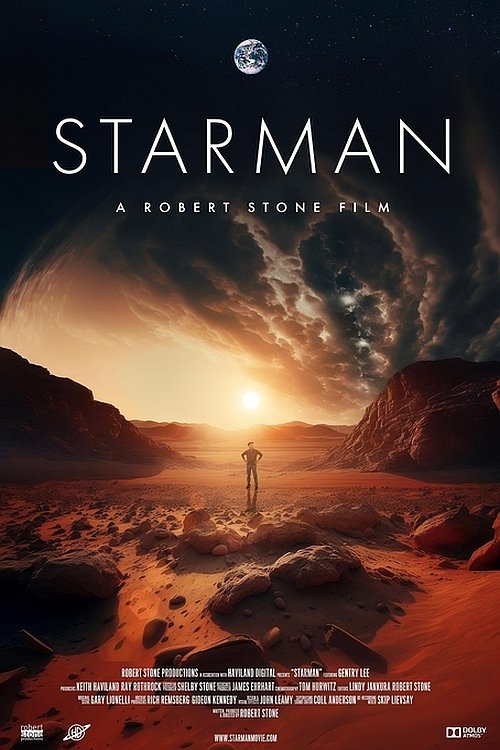
Starman
Character:
Legendary NASA robotics engineer and best-selling science fiction author, Gentry Lee, has spent a lifetime seeking an answer to the ultimate cosmic question: Are we alone in the universe? At age 82 he has come to a revelatory conclusion....
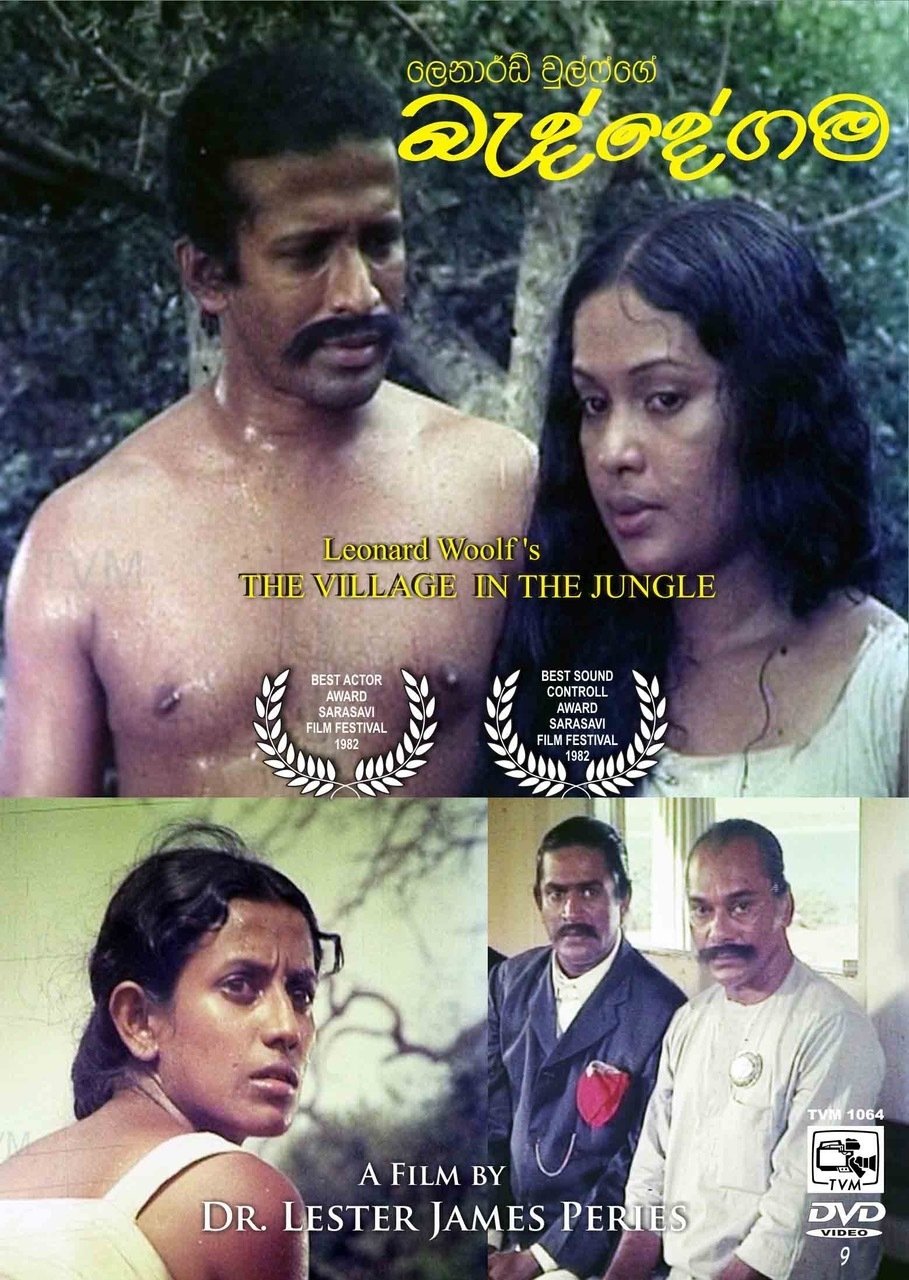
Village in the Jungle
Character: Leonard Sidney Woolf
Baddegama or, more correctly, Beddegama is a 1980 award winning Sinhalese language film directed by Lester James Peries that follows the lives of village people in British Colonial Sri Lanka. The film is based on the 1913 book titled as "The Village in the Jungle" by Leonard Woolf. Silindu is a hunter in a small village where he and his family endure a life of hardships. After facing disease and poverty under colonial rule, the final blow comes when Silindu is tried for murder....
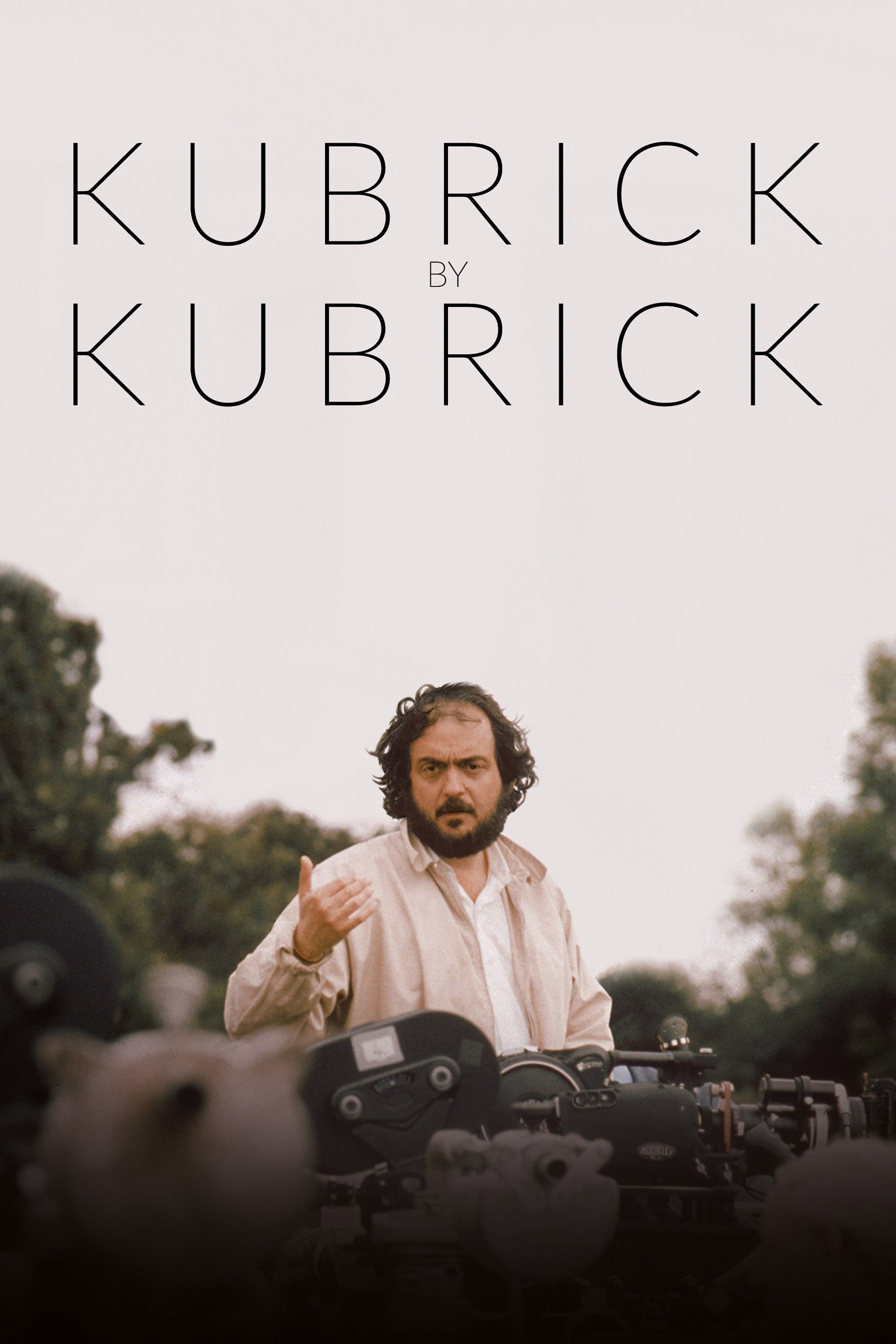
Kubrick by Kubrick
Character: Self (archive footage)
American filmmaker Stanley Kubrick (1928–1999), one of the greatest in history, but also one of the most reserved, gave few interviews throughout his long career, and none of them were filmed. A first-person journey through his life and work, based on a recorded conversation with French film critic Michel Climent....